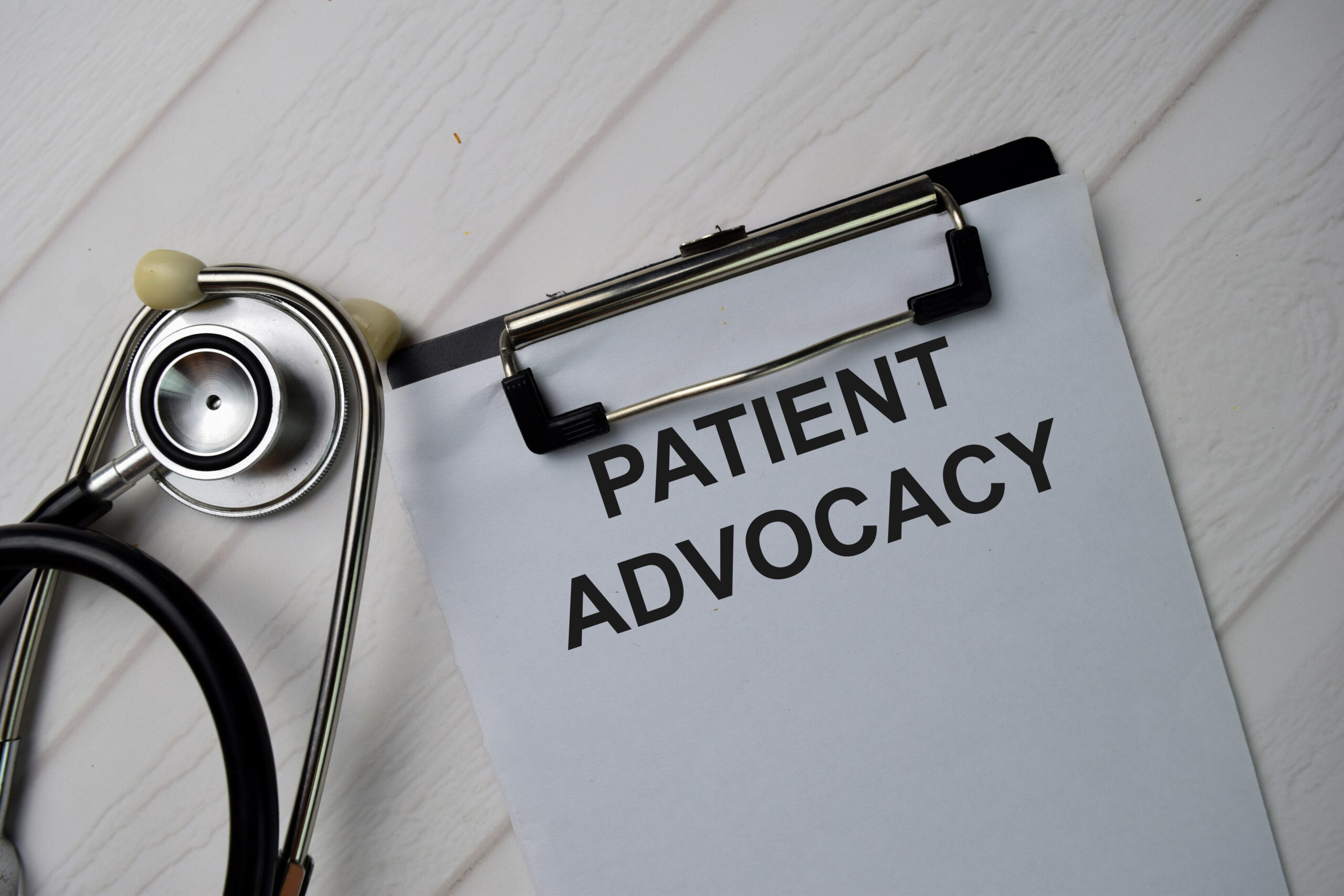Introduction:
Patient advocacy is a cornerstone of patient-centered care, ensuring individuals have a voice in their healthcare journey. This article explores the profound impact of Patient Advocacy Training, unveiling how these programs empower individuals to champion their rights, navigate healthcare systems, and actively participate in decisions regarding their well-being.
1. Understanding Patient Rights:
Patient Advocacy Training begins with a comprehensive understanding of patient rights. Participants learn about informed consent, confidentiality, and the right to participate in decisions about their care. This foundational knowledge empowers individuals to assert their rights and actively engage in their healthcare experience.
2. Effective Communication Skills:
Effective communication lies at the heart of patient advocacy. Training programs focus on honing communication skills, teaching advocates how to articulate concerns, ask questions, and actively participate in discussions with healthcare providers. These skills foster collaborative relationships and ensure that patient voices are heard and respected.
3. Navigating Healthcare Systems: Patient advocates are equipped with the skills to navigate complex healthcare systems. From understanding insurance coverage to accessing medical records, advocates learn to overcome bureaucratic hurdles, ensuring that patients receive timely and appropriate care without unnecessary barriers.
4. Empathy and Compassion:
Patient Advocacy Training emphasizes the importance of empathy and compassion. Advocates learn to approach each patient with understanding, acknowledging the emotional aspects of healthcare experiences. This compassionate approach creates a supportive environment and enhances the overall patient experience.
5. Addressing Health Disparities:
Advocates are trained to recognize and address health disparities. Patient Advocacy Training programs delve into the social determinants of health, teaching advocates to advocate for equitable healthcare access and to raise awareness about disparities that may affect vulnerable populations.
6. Shared Decision-Making:
In the era of patient-centered care, advocates play a key role in shared decision-making. Training programs guide advocates in facilitating conversations between patients and healthcare providers, ensuring that treatment plans align with patients’ preferences, values, and goals.
7. Advocacy in Challenging Situations:
Patient Advocacy Training prepares advocates to navigate challenging situations, including disagreements with healthcare providers or disputes over treatment plans. Advocates learn conflict resolution strategies and how to work collaboratively to find solutions that prioritize the best interests of the patient.
Conclusion:
Patient Advocacy Training is a catalyst for empowering individuals to become effective advocates for their own health. By imparting knowledge on patient rights, communication skills, navigating healthcare systems, and fostering empathy, these training programs cultivate a cadre of advocates dedicated to ensuring that every patient’s voice is heard and respected.




